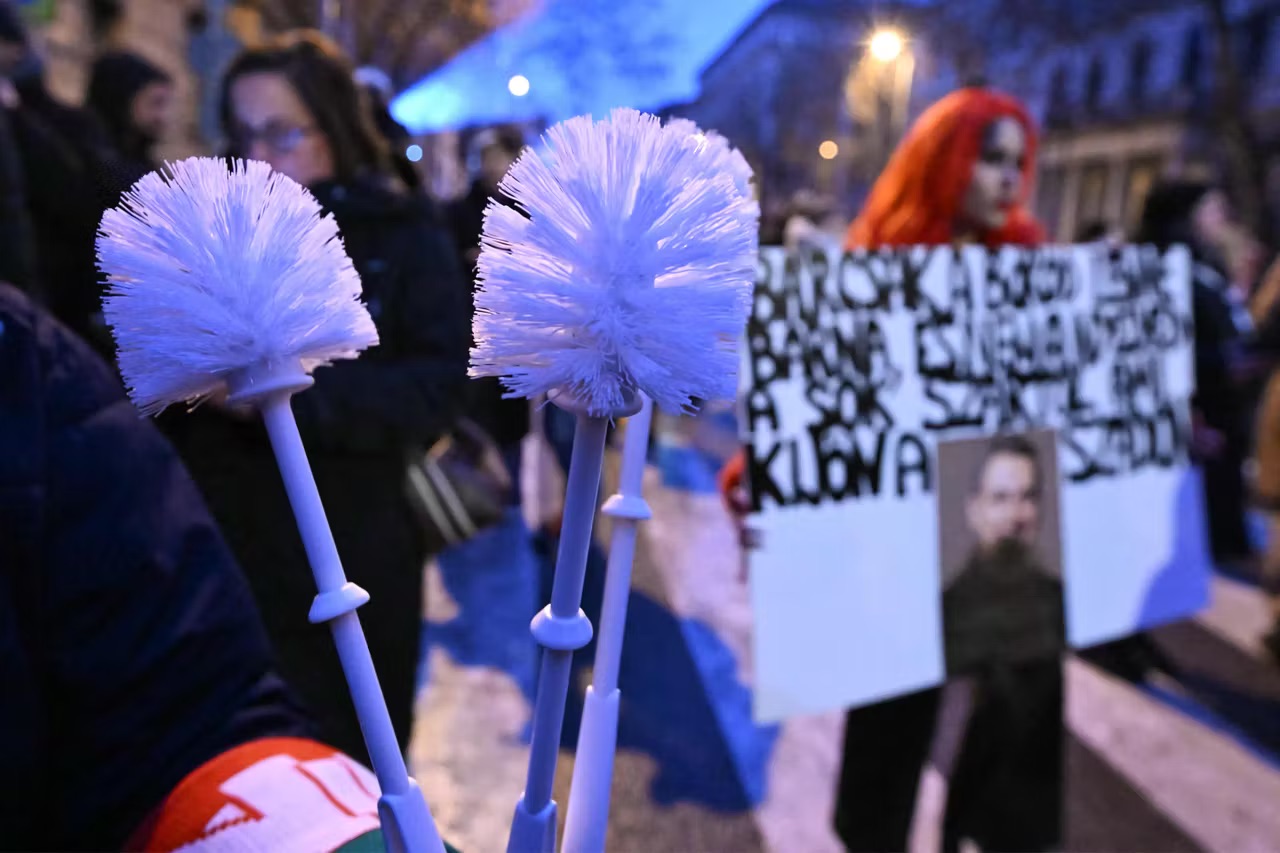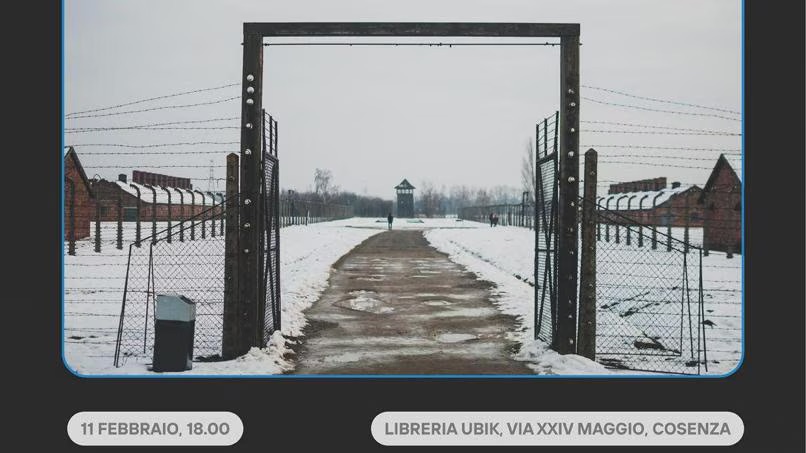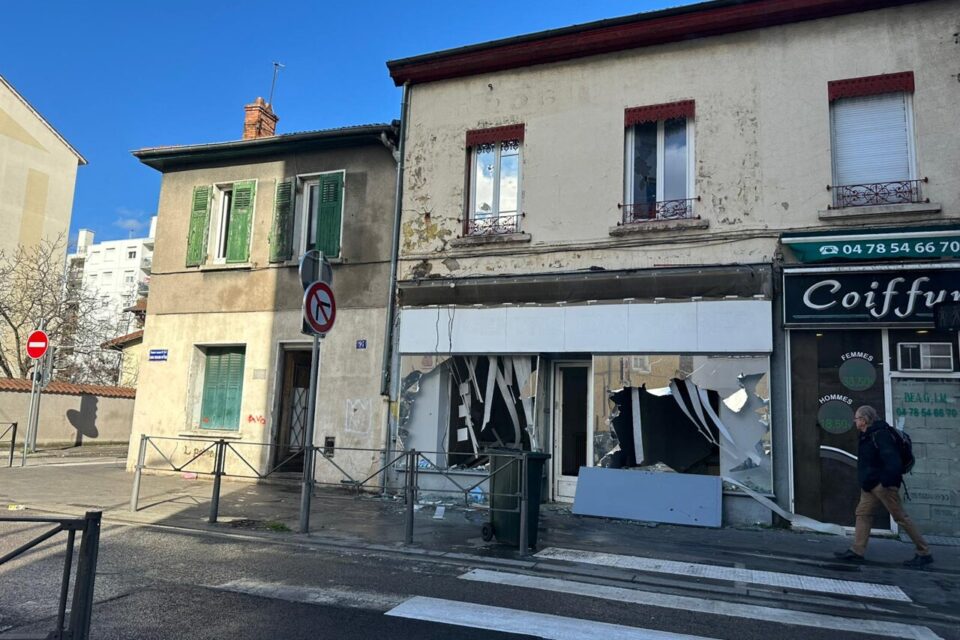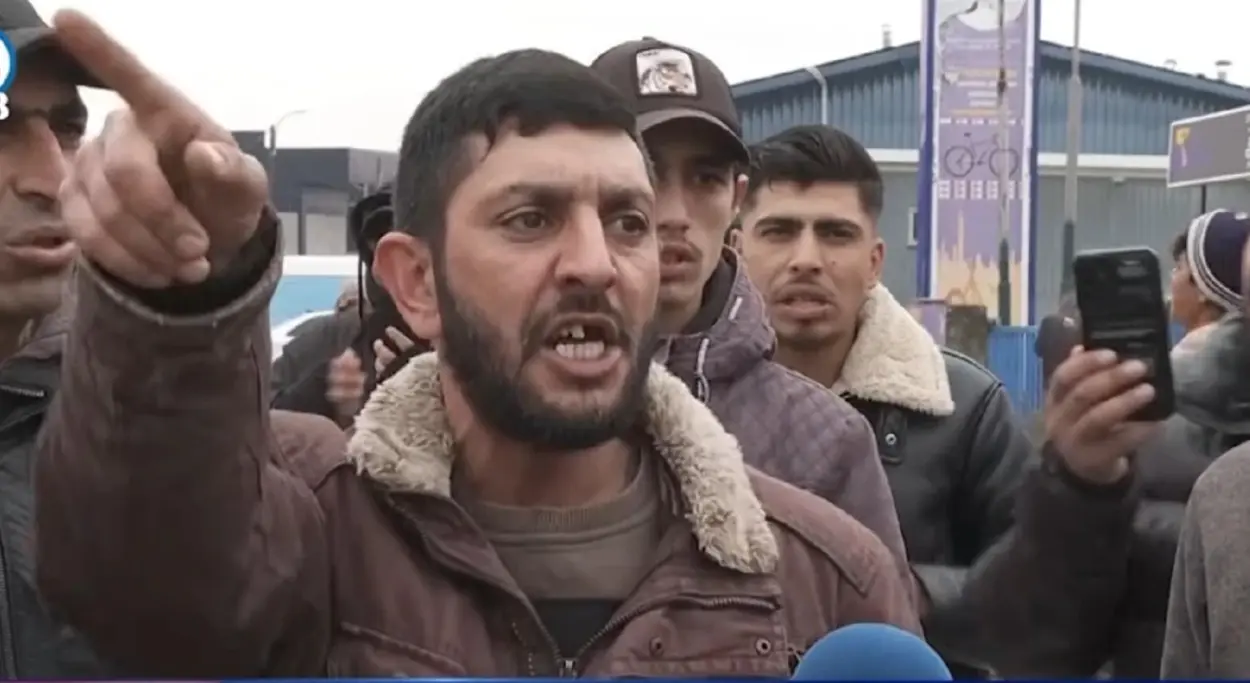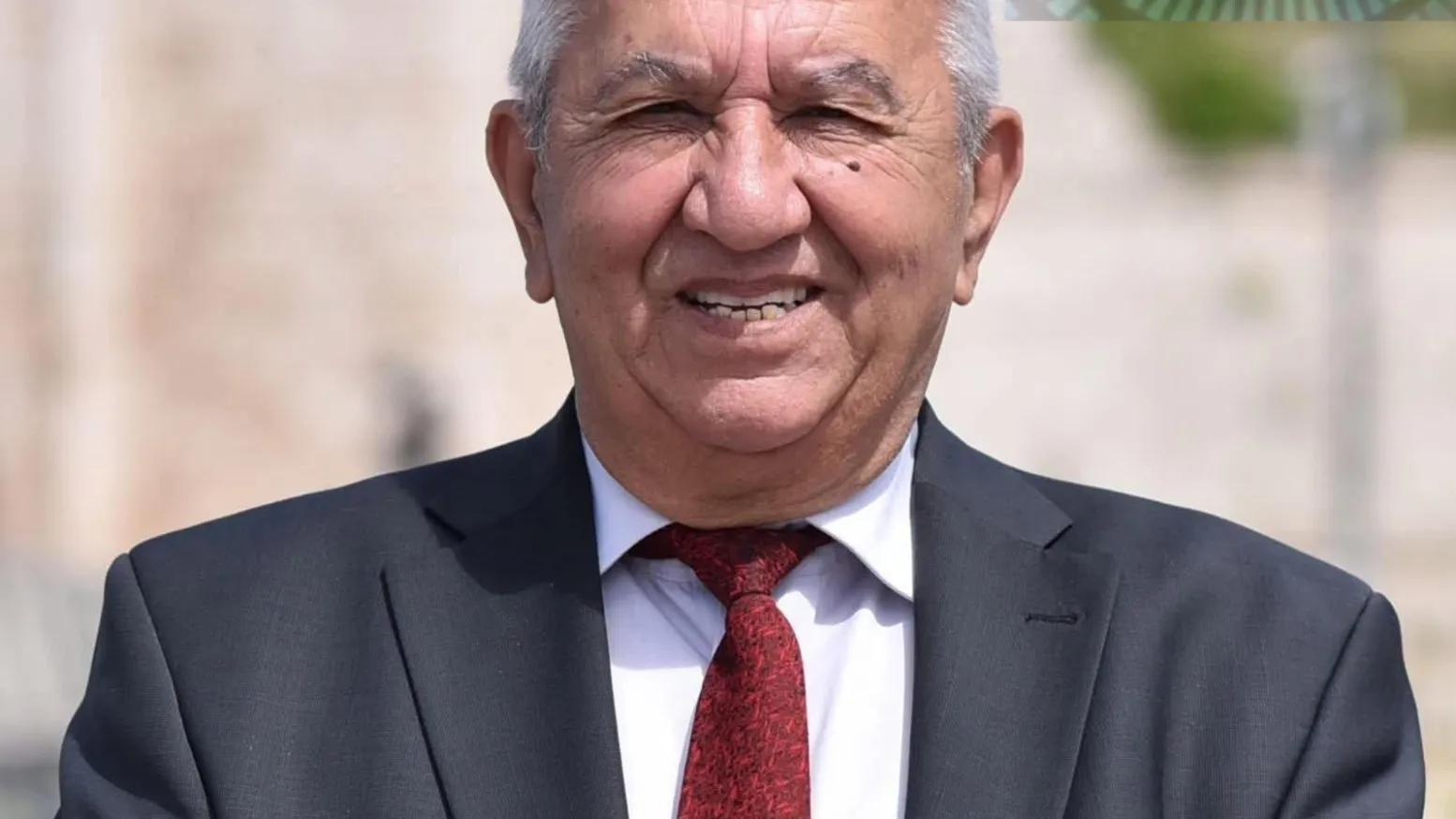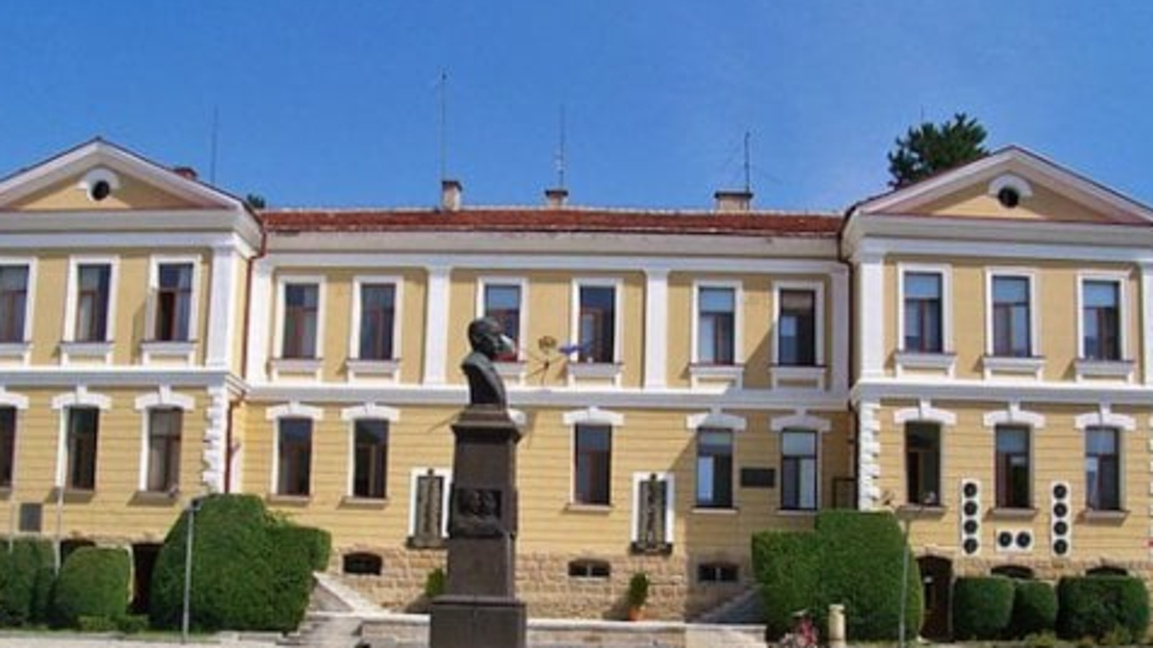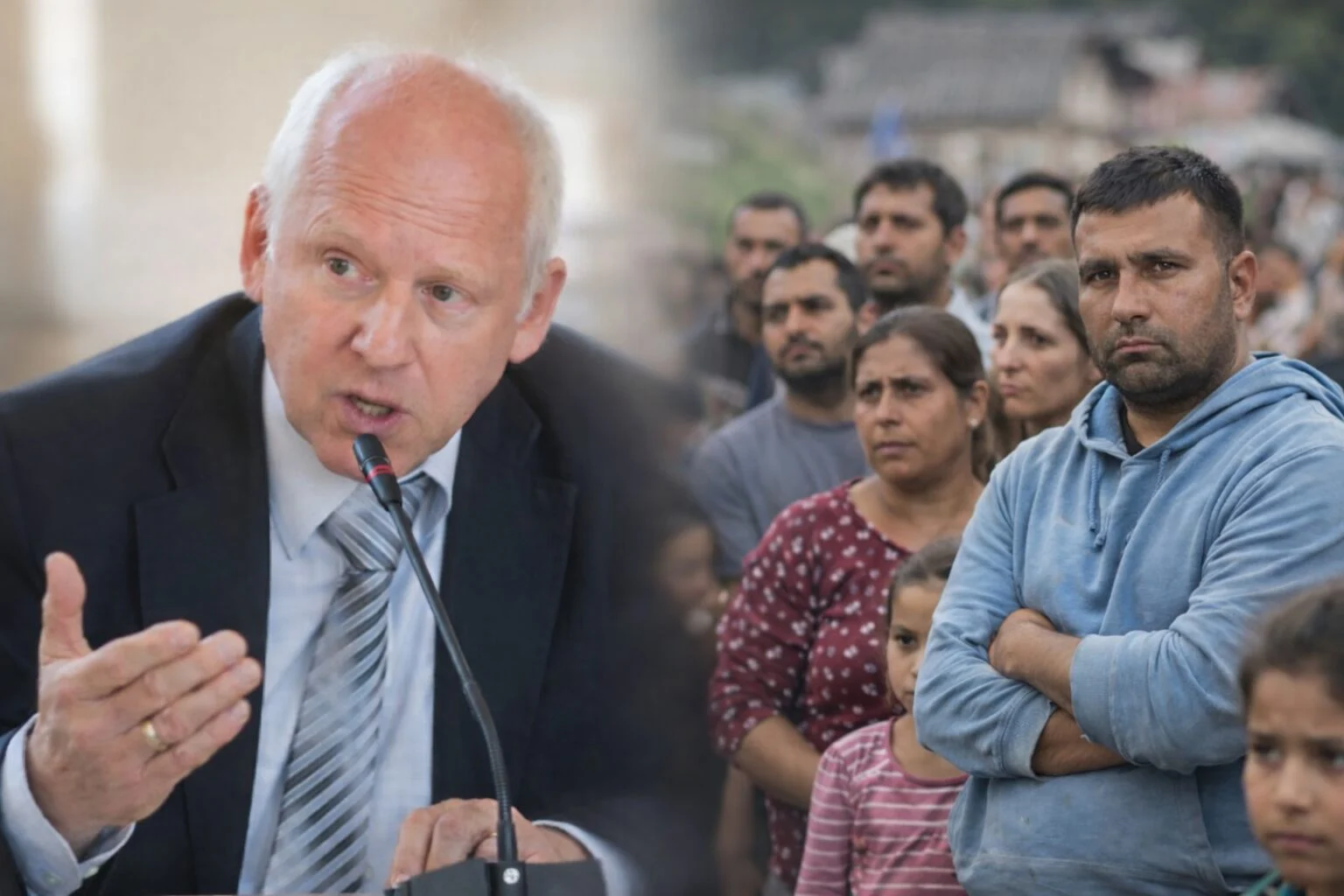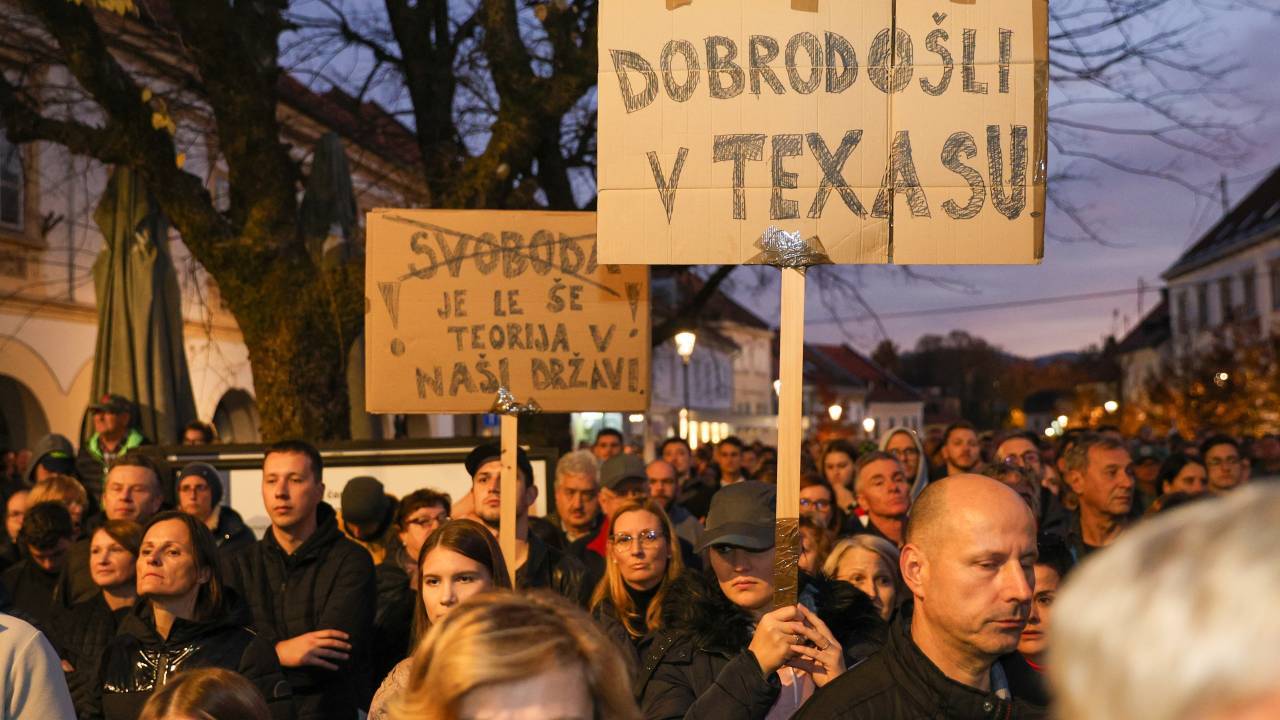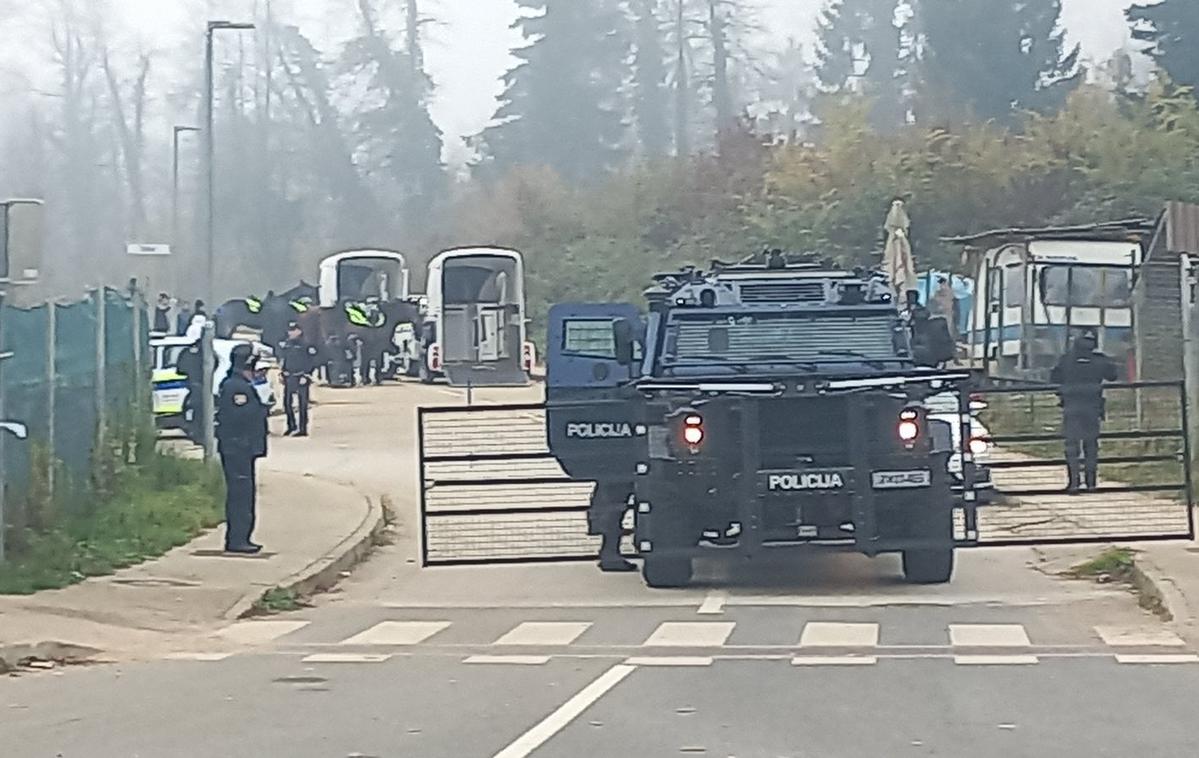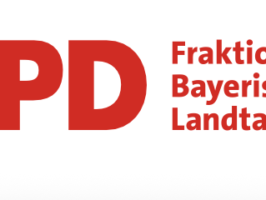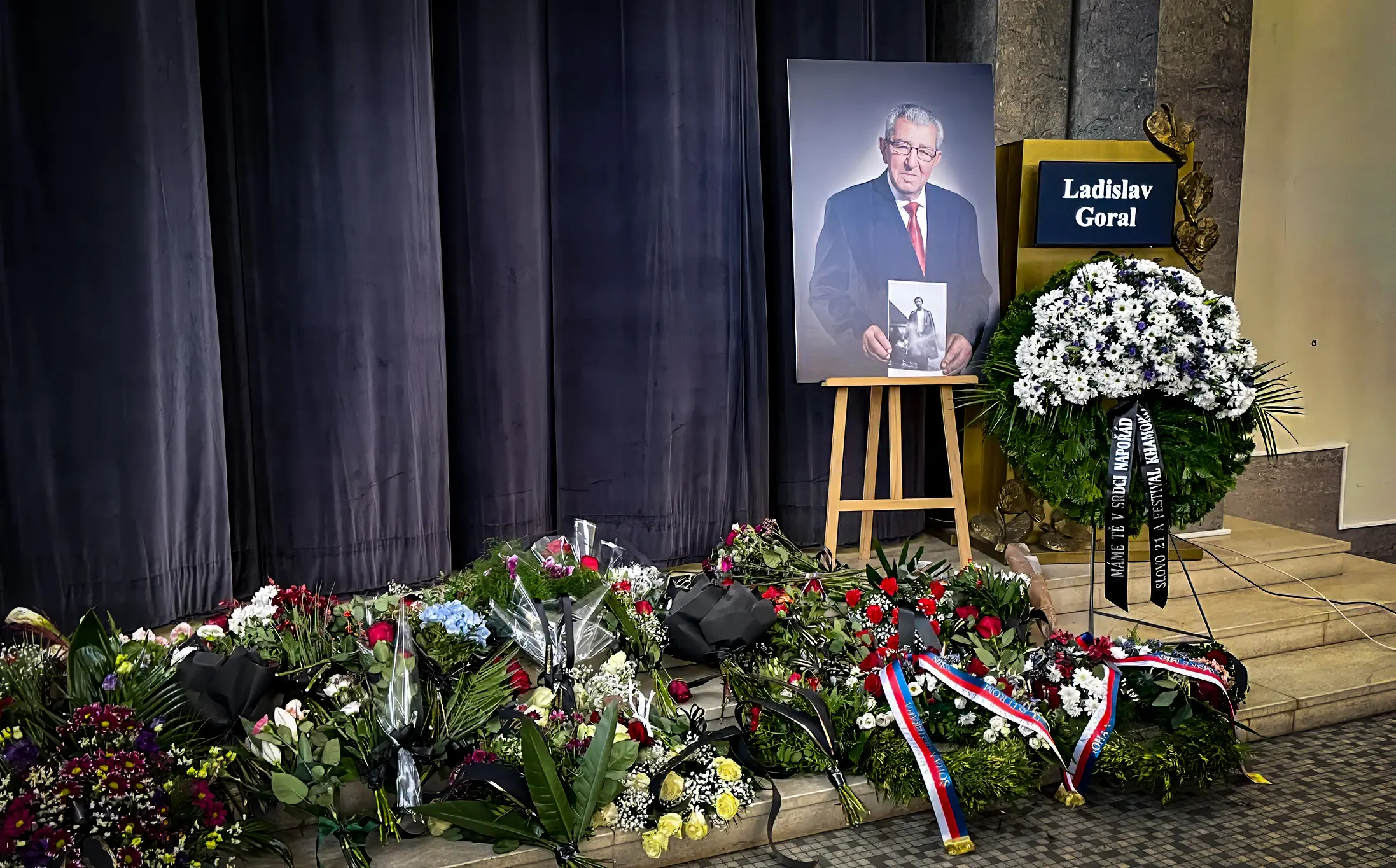The planned protest of Roma in Novo Mesto, Slovenia, which should have taken place on Tuesday February 10th, had to be cahcenlled. The reason: The municipality did not give the authoriusation. They claimed the application was incomplete.
- Romi odpovedali jutrišnji protest v Novem mestu, U+in: N1 Info. 09.02.2026. https://n1info.si/novice/slovenija/romi-odpovedali-jutrisnji-protest-v-novem-mestu/
- Protest Romov odpovedan: Kriva naj bi bila občina, župan pa pojasnjuje … In: Dolenjsla Info. 09.02.2026. https://dolenjskainfo.com/novica/lokalno/protest-romov-odpovedan-kriva-naj-bi-bila-obcina-zupan-pa-pojasnjuje/333479
- protest Romov v Novem mestu je odpovedan. In: RTV SLO. 09.02.2026. https://www.rtvslo.si/lokalne-novice/dolenjska/torkov-protest-romov-v-novem-mestu-je-odpovedan/772858


